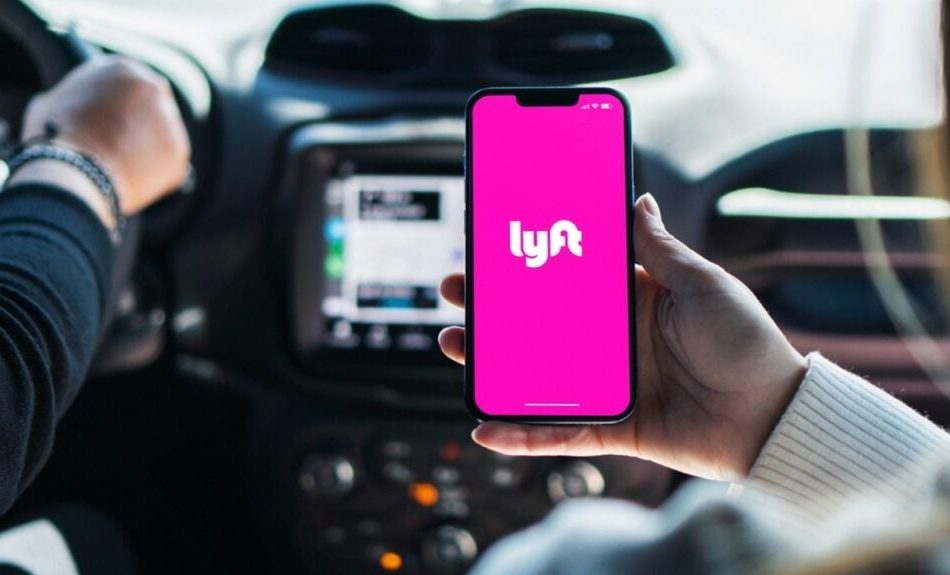Lyft Teams Up With Intel's Mobileye, May Mobility For Robotaxi Services As Tesla Gears Up To Enter Autonomous Riding Hailing Market
Uber’s rival ride-hailing platform, Lyft Inc. LYFT said on Wednesday that it has partnered with Intel Corp.-owned INTC Mobileye, and May Mobility to provide autonomous vehicle rides to its customers.
What Happened: As part of Lyft’s partnership with Intel-owned Mobileye, the company will make its scaled rideshare platform available to all vehicles with Mobileye’s self-driving technology.
“The objective is for future AV operators who want to deploy and manage large-scale fleets in various metropolitan areas in North America to purchase Mobileye Drive equipped, “Lyft-ready” vehicles from vehicle builders, access Lyft’s rider demand and optimize utilization and profitability of their fleets,” Mobileye said about the partnership.
The companies, however, did not reveal when the first vehicles with Mobileye’s self-driving technology will show on the Lyft app.
May Mobility, meanwhile, will directly deploy autonomous vehicles to the Lyft platform in Atlanta starting in 2025, Lyft said. Lyft customers in Atlanta can be matched with a fleet of autonomous Toyota Sienna minivans equipped with May Mobility’s autonomous technology as part of the partnership. The company, however, did not specify the number of vehicles that will be deployed.
“Lyft’s aim is to connect AVs, drivers, riders, and partners to create new opportunities for all. Our rideshare network will continue to evolve as millions of people will have the opportunity to earn billions of dollars whether they choose to drive, put their AVs into service, or both,” David Risher, CEO of Lyft, said.
Why It Matters: Lyft’s AV comes on the heels of Tesla Inc.’s TSLA announcement that it expects to start an autonomous ride-hail service in Texas and California starting next year, subject to regulatory approval.
However, the vehicles might not all operate as driverless robotaxis initially as some states demand a safety driver until the company touches certain milestones in terms of miles and hours driven, the company then said.
However, company CEO Elon Musk expressed confidence that the company will be operating driverless paid rides sometime next year.
Tesla also unveiled a no-pedal, no-steering wheel dedicated robotaxi product last month called the Cybercab. Cybercab, Musk then said, will enter production ‘before 2027′ and will be priced below $30,000. Until then, the ride-hail fleet will be composed of the company’s Model 3 and Model Y.
Uber, meanwhile, has a partnership with Alphabet Inc’s Waymo since 2023. Earlier this year, Uber said that Waymo and Uber would bring the latter’s fully autonomous, all-electric Jaguar I-PACE vehicles to Austin and Atlanta starting in early 2025 on the Uber app.
Price Action: Lyft shares closed up 4.4% at $14.4 on Wednesday, and surged over 20% in after-hours trading. The stock is up 4.4% year-to-date, according to data from Benzinga Pro.
Check out more of Benzinga’s Future Of Mobility coverage by following this link.
Read Next:
Photo courtesy: Shutterstock
Market News and Data brought to you by Benzinga APIs
© 2024 Benzinga.com. Benzinga does not provide investment advice. All rights reserved.





Leave a Reply